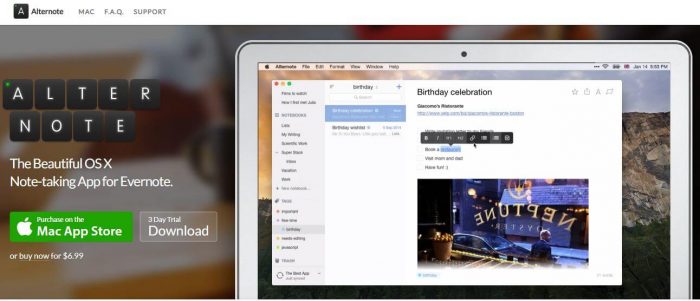

MTP transfers phospholipids, triglycerides, and cholesterol to nascent apoB during its translocation into the ER. Microsomal triglyceride transfer protein (MTP) is a mainly ER-resident 97-kD lipid transfer protein that, when complexed with protein disulfide isomerase (PDI), transfers lipids to apolipoprotein B (apoB) for the production of very low density lipoprotein (VLDL) from hepatocytes or chylomicrons from intestinal epithelial cells (IECs) ( 1– 3). We hypothesize that, when MTP is inactive, CD1d traffics to the cell surface and presents no lipid or a lipid that is incapable of mediating NKT cell selection and/or is refractory to lysosomal editing. Thus, our results demonstrate that MTPv1 in thymocytes is critical to NKT cell development. CD1d expression on CD4 +CD8 + FTOC cells was unaffected by MTP inhibition. MTP-inhibited FTOCs produced negligible numbers of CD1d tetramer–positive cells and exhibited marked defects in IL-4 production upon stimulation with anti-CD3 or α-galactosylceramide–pulsed APCs. NKT cells fail to develop in fetal thymic organ culture (FTOC) treated with MTP antagonists. MTP and MTPv1 efficiently transferred phosphatidylethanolamine to CD1d in vitro. Edman degradation of MTPv1 isolated from transfected cells revealed three unique residues however, recombinant MTP and MTPv1 had an equivalent protein disulfide isomerase association, subcellular localization, triglyceride transfer, phospholipid transfer, response to inhibitors, and ability to support apoB secretion. We identified MTP variant 1 (MTPv1), a novel splice variant of mouse MTP, by polymerase chain reaction and Northern analysis in non–apoB-secreting tissues, including thymocytes and antigen-presenting cells (APCs). ARG-CMQ can be used to support competency-based education.Microsomal triglyceride transfer protein (MTP), an endoplasmic reticulum lipid transfer protein critical for apolipoprotein B (apoB) secretion, regulates CD1d antigen presentation.ARG-CMQ is a potential approach for inquiry-based learning in real environments, especially in improving learning perceptions and higher-order cognitive abilities.ARG-CMQ might limit children’s divergent thinking and influences their creative problem-solving performance.ARG-CMQ improved children’s learning achievement, critical thinking and learning attitude better than conventional ARGs.Both quantitative and qualitative analyses were examined to identify the effect of different learning strategies to support children learning with ARGs.An ARG with a mobile concept mapping-based questioning approach (ARG-CMQ) was applied to facilitate meaningful inquiry-based learning for children in different real environments (school campuses and in science museums).Children cannot construct knowledge effectively without proper learning supports in their cognitive process however, it is challenge to provide proper learning supports without distracting children from gaming.Most children have difficulties in learning with ARGs due to the complexity of real-world contexts and the ambiguity of the puzzles.Alternate reality game (ARG) significantly promotes children’s learning motivation and engagement of game-based inquiry learning activities.

Besides, it was found that improper use of concept maps could limit their creative problem-solving performances. However, cognitive overload negatively affected the children's learning.

The results showed that the proposed approach had a more significant effect on learning achievement, critical thinking, and learning attitude than the conventional questioning approach. A quasi-experimental study was conducted to evaluate the effectiveness of the proposed approach and the conventional questioning approach in game-based inquiry-based learning. Accordingly, this study proposes a mobile concept mapping-based questioning approach for environmental education. To achieve successful inquiry-based learning, concept mapping is an effective learning strategy to guide children to organise related information as well as to brainstorm for possible solutions. However, the complexity of real-world contexts and the ambiguity of game puzzles increase the difficulty for children to conduct effective inquiries. To facilitate children's motivation, alternate reality games are applied to engage children actively in inquiry in authentic learning contexts. Active inquiry plays a key role in science education.


 0 kommentar(er)
0 kommentar(er)
